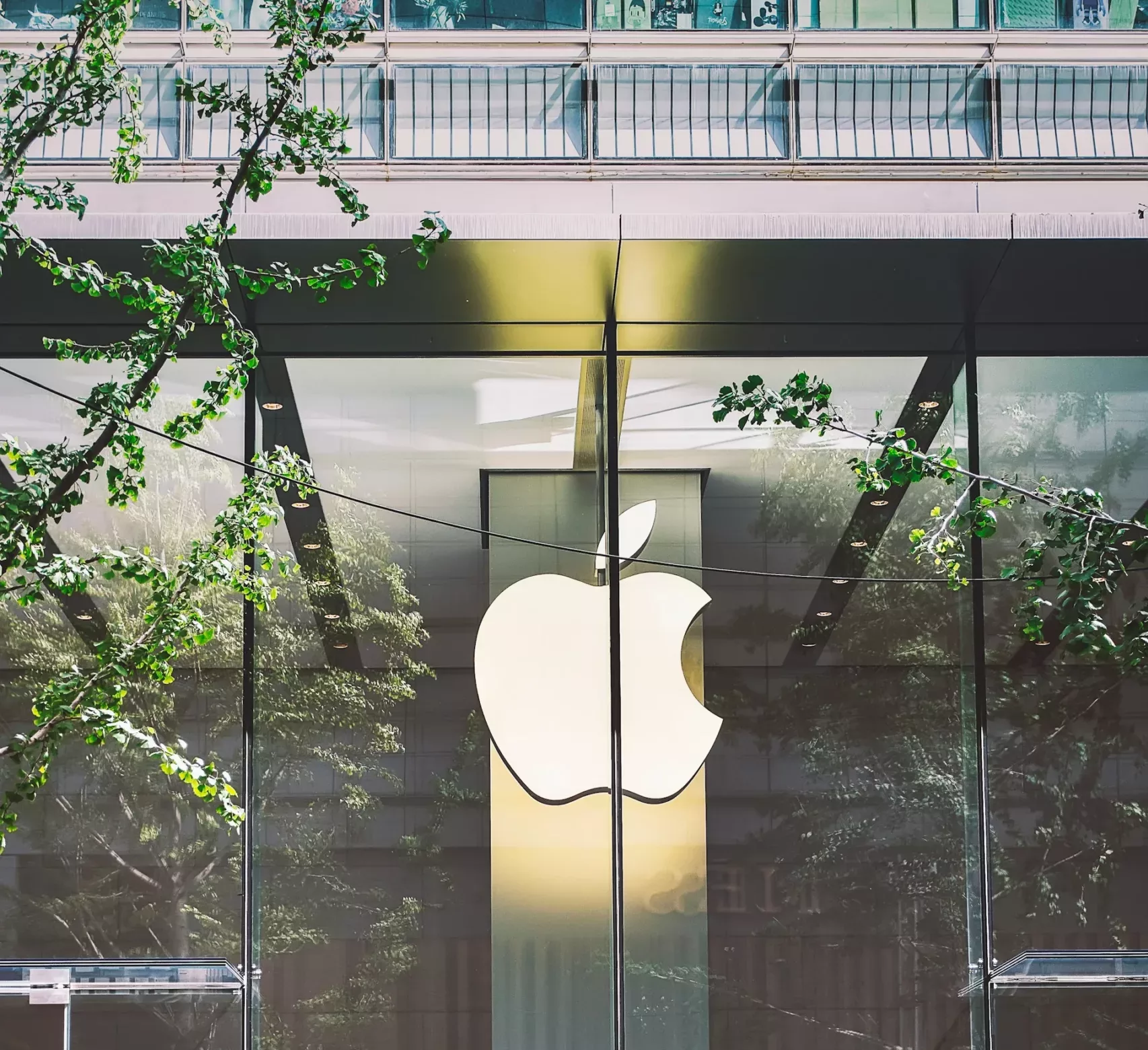In the evolving landscape of digital responsibility, tech giants like Apple find themselves at the crossroads of innovation and regulation. While Apple has introduced features aimed at combating smartphone addiction & Child Online Safety, it has also faced criticism for its lobbying efforts to limit regulations that would mandate stricter controls on its products, particularly the iPhone and the App Store. This delicate balance between safeguarding users and maintaining market dominance has sparked a contentious debate, especially in states like Louisiana.
The Push for Teen Smartphone Regulation in Louisiana
In early 2024, Louisiana became a battleground for a crucial piece of legislation aimed at regulating teen smartphone use. The bill sought to enforce age restrictions through the App Store, ensuring that parental controls and age verification would be uniformly applied across all apps, rather than leaving this responsibility to individual platforms like Instagram, TikTok, or Snapchat.
State legislator Kim Carver, who spearheaded the bill, quickly found himself in the crosshairs of Apple’s lobbying machine. According to a report by The Wall Street Journal, Apple ramped up its lobbying efforts by hiring four additional lobbyists, who began contacting Carver incessantly. “I’d describe them as panicked,” Carver recalled. “[Apple’s outreach was] all day, every day. At that point, I was like, ‘OK, we’re done talking.'”
The Role of Meta and the Shifting Legislative Landscape
Interestingly, the bill’s inclusion of the App Store requirement was influenced by discussions with Meta, Facebook’s parent company. A Meta lobbyist reportedly persuaded Carver that it would be more effective for parents to have a single, reliable point of control—the App Store—rather than navigating separate age verifications for each app their children use. Carver agreed, believing this approach would provide parents with a trusted hub for managing their children’s online activities.
However, this decision did not sit well with Apple. The company’s lobbyists quickly labeled the App Store requirement as a “poison pill from Meta,” arguing that it unfairly shifted the burden of age verification onto Apple. The company also raised concerns about privacy violations that could arise from sharing age details with third-party apps. Despite these arguments, Carver remained committed to the idea that a centralized system through the App Store would be more beneficial for parents.
The Political Maneuvering Behind the Bill’s Passage
As the bill moved closer to a vote in Louisiana’s Senate, Carver began to receive warnings that it might not pass if the App Store requirement remained intact. While Apple denies any direct involvement in derailing the bill, Carver claims that he was cautioned about potential legal challenges the state could face if the legislation passed as originally written.
Seeking advice from Senator Beth Mizell, the chair of the key committee, Carver ultimately decided to remove the App Store clause from the bill. This strategic concession allowed the bill to sail through the Senate, albeit in a diluted form. Following the bill’s passage, an Apple lobbyist reportedly thanked Carver for his decision not to reintroduce the controversial clause.
Apple’s Stance on Child Safety and Lobbying Practices
Apple has maintained that its parental controls offer robust protections for young users. However, critics argue that these controls fall short of what’s needed to safeguard children in the rapidly changing digital environment. Carver himself expressed disappointment after setting up an iPhone for his 14-year-old daughter, stating that “I quickly realized that Apple’s parental controls aren’t the panacea they’re promised to be.”
The company’s lobbying efforts in Louisiana have raised broader concerns about its commitment to child safety. Apple has historically spent less on lobbying than competitors like Facebook and Amazon, yet its influence remains formidable. In 2021, Apple lobbyists allegedly offered to invest in Louisiana’s education system if the state dropped the App Store legislation—a move that further underscores the lengths to which the company is willing to go to protect its interests.
The Future of Child Online Safety Legislation
Despite the setback in Louisiana, Carver has expressed his intention to reintroduce the App Store requirement in the state’s next legislative session. This ongoing battle highlights the complex interplay between tech companies and lawmakers as they navigate the challenges of regulating the digital world.
The incident also serves as a cautionary tale for other states considering similar legislation. As governments grapple with the need to protect young users while respecting privacy and innovation, the role of powerful tech companies in shaping these regulations will undoubtedly remain a contentious issue.
More News: Tech News


